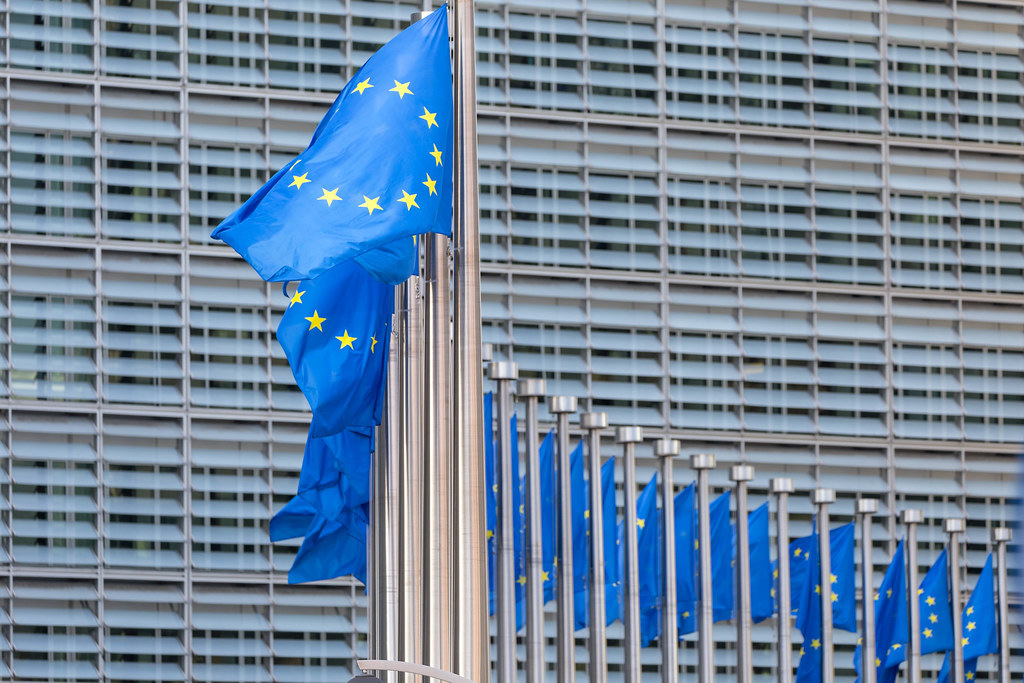As president, Belgium will lead the European agenda and promote cooperation between member states. The aim is to strengthen the EU and make progress in several areas, such as climate change, economic growth and social cohesion. There will also be a focus on culture and public participation to inform and raise awareness of European policies among citizens and civil society.
The Belgian regions – Flanders, Wallonia and Brussels-Capital – will highlight the cultural component of the presidency. Particular attention will be paid to people aged 16 to 18, who are able to vote in the European elections for the first time. These elections will take place between 6 and 9 June 2024.
European elections
During the Belgian presidency, the mandate of Ursula von der Leyen’s Commission will expire. Several dossiers are expected to be adopted in the first three months of 2024. After that, there will likely be a vacuum until the end of the presidency. Belgium, therefore, faces the challenge of concluding negotiations with the European Parliament on ongoing legislative dossiers in the early months of 2024.
There are no elections for the EU presidency. Each member state takes its turn. In 1958, Belgium was the first country to hold the presidency of the European Economic Community, the forerunner of the EU, which had six members: Belgium, the Federal Republic of Germany (West Germany), France, Italy, Luxembourg and the Netherlands.
Trio of presidencies
The EU has 27 member states today, and the president’s job has become much more significant. For example, each country holding the presidency works closely with two other countries, which take turns to hold the presidency.
The trio of presidencies sets long-term goals and draws up a common agenda of the issues and significant topics that the Council will deal with for 18 months. On this basis, each of the three countries – in this case Spain in the second half of 2023, Belgium in the first half of 2024 and Hungary in the second half of 2024 – develops its six-month programme.
Whoever holds the presidency helps set the European agenda, negotiates and works on decisions. It is an opportunity for an EU member state to put its priorities on the European agenda, raise its profile and increase its visibility.
The Council does not have a fixed composition but meets in 10 Council formations, depending on the policy area for which the ministers are responsible. There are two formal meetings per presidency to ratify a series of decisions and one informal meeting to exchange views on specific issues.
Divided opinions
Meanwhile, opinions on Hungary’s presidency in the second half of 2024 are divided. In a resolution in June, the European Parliament denounced the Orban government’s lack of respect for the rule of law. It also said it had no confidence in the Hungarian presidency and called on other member states to find a “solution”.
“The presidency is not only a privilege, it is also a duty”
Belgian prime minister Alexander De Croo believes it would be a bad idea. “I think it would be counterproductive. The presidency is not only a privilege, it is also a duty. It obliges a member state to show its colours, play its role as president and be a conciliator. It would even put Hungary in a luxury position,” he said.
(BELGA)
